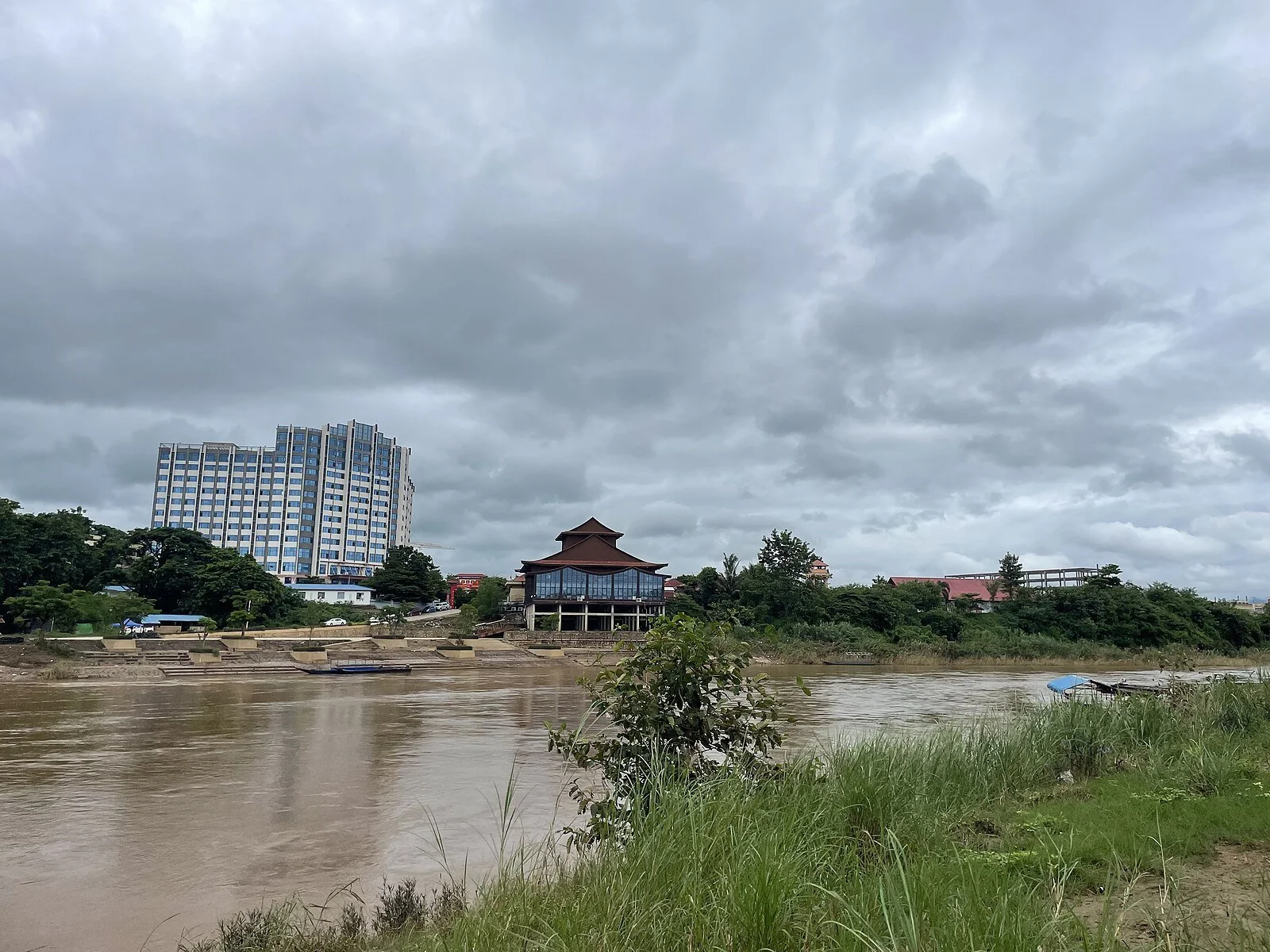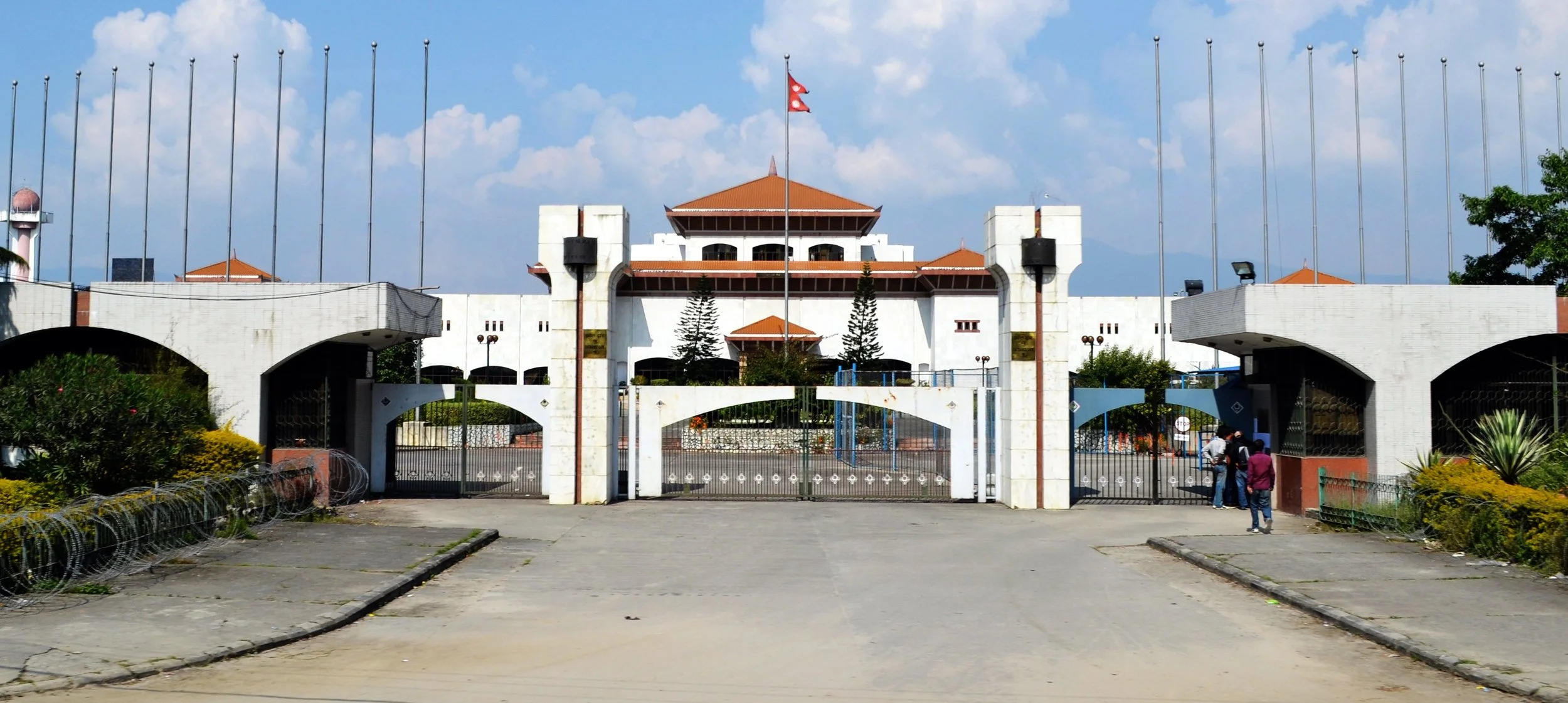Hong Kong Receives Green Light for COVID-19 Vaccinations
Hong Kong received its first batch of COVID-19 vaccines on February 21 (Creative Commons).
Hong Kong received its first million doses of CoronaVac, Sinovac’s COVID-19 vaccine, on February 19. The Hong Kong government has placed government officials, residents aged 60 or older, and essential public workers at the front of the queue for the vaccine. CoronaVac is the second vaccine to be approved by Hong Kong, with the first being the Pfizer-BioNTech vaccine, which is set to arrive later this month.
The shipment followed immediately after Secretary of Food and Health Sophia Chan Siu-Chee approved the vaccine on February 18, claiming that it met “safety, efficacy and quality requirements specified in Hong Kong emergency situations.” The approval is backed by a formal recommendation for CoronaVac’s emergency use by Hong Kong’s government. The recommendation came after the government exempted Sinovac from publishing the results of its Phase III clinical trials in medical journals due to the “urgency” for vaccination in the city, where the number of daily cases has been rising since February 18.
Hong Kong is currently grappling with the tail end of its fourth wave of cases, which began in late November 2020. Chan Siu-chee says that officials are expecting a rebound in cases following Lunar New Year celebrations over the weekend of February 13.
The government plans to begin its free vaccination program on February 26, in which residents will be able to receive doses of both Sinovac and Pfizer-BioNTech vaccines at 29 centers across the city. Several government officials, like Chief Executive Carrie Lam Yuet-Ngor, her Executive Cabinet, and Chan Siu-Chee, have already received their doses.
Professor David Hui Chu-Cheong, Chairman of the Scientific Committee on Emerging and Zoonotic Diseases, expressed his hope that Hong Kong will reach levels of inoculation and herd immunity seen in countries with robust vaccination programs like Israel. Professor Lau Yu-long, Chairman of the Scientific Committee on Vaccine-Preventable Diseases, stated that the program’s goal is to vaccinate at least 70 percent of Hong Kong residents. He concluded that those aged 60 or above without serious underlying medical conditions were better off receiving Sinovac’s vaccine than not.
Government officials also remain optimistic about Hong Kong’s ability to curb the virus. Secretary for Civil Service Patrick Nip, who is among the group to have already received their doses, asserted, “The programme will give us hope to control and end the epidemic as early as possible.”
More from Indo-Asia-Pacific






